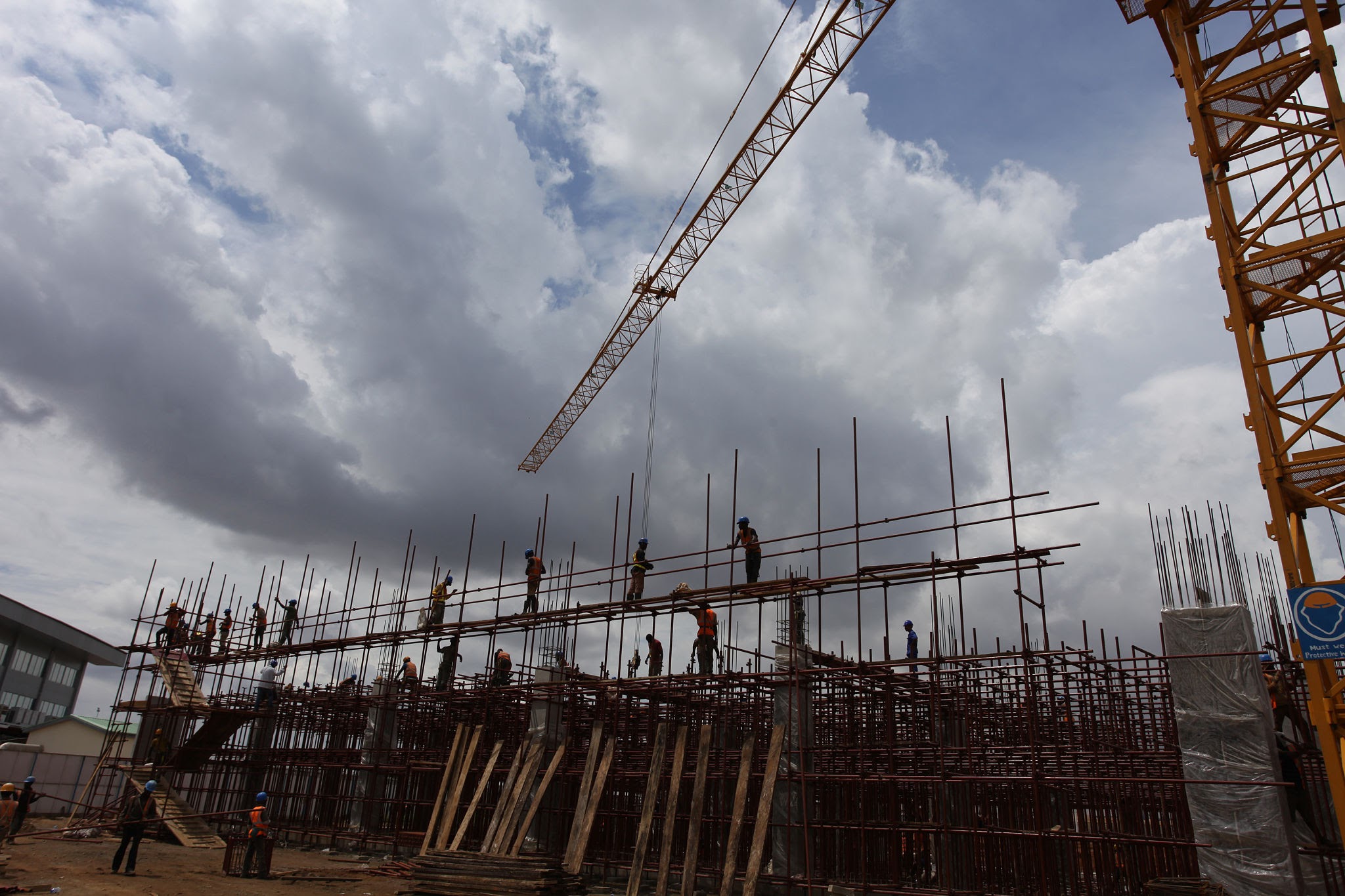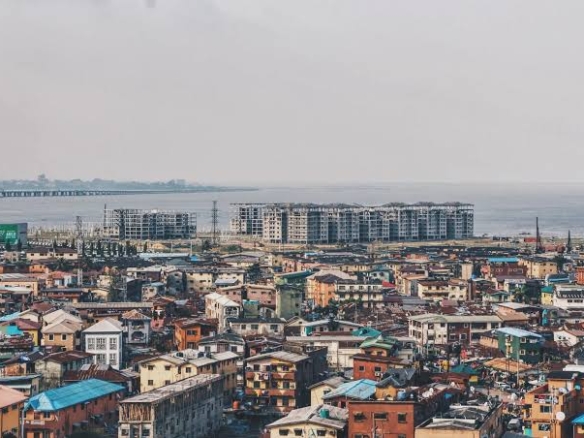The Lagos State government is taking decisive steps to formalize urban development, setting an ambitious target of processing between 40,000 and 45,000 building planning permits annually. This move, championed by the Ministry of Physical Planning and Urban Development, represents a significant push to streamline construction, ensure public safety, and gather reliable data for infrastructural planning.
Why the Massive Jump?
The Commissioner for Physical Planning and Urban Development, Dr. Olumide Oluyinka, recently revealed that the state processed approximately 18,000 planning permit applications in 2024. The new target aims to more than double that figure, aligning the approval rate with the state’s rapid pace of growth and development needs.
Dr. Oluyinka emphasized that a planning permit is essentially the “birth certificate” for a building. Without it, the structure is not legally recognized, making it vulnerable to penalties, demolition, and ineligible for compensation should the government require the land for public projects.
New Measures to Simplify and Enforce Compliance
To achieve the 40,000-approval benchmark, the Ministry is not only intensifying enforcement but also simplifying the application process for the public.
Key initiatives and requirements include:
Public Sensitization: A major week-long stakeholders’ engagement themed “Planning Permit: A Rebirth” is underway to raise public awareness and foster a culture of voluntary compliance.
Decentralization: Applicants can now submit their requests directly at any of the state’s 57 district offices, eliminating the need for intermediaries.
Fast-Track Approvals: For complete applications, the Ministry has committed to a rapid turnaround time, promising approvals within 10 working days.
Mandatory Tax Compliance: A critical reform now requires all applicants to show evidence of an up-to-date tax clearance certificate before their application can be processed, in collaboration with federal tax authorities.
Proof of Ownership: Applicants must also provide proof of land ownership.
The Commissioner issued a strong warning against illegal construction, stating that the government will continue to identify and act against structures erected without a valid permit.
Ultimately, the permit is being positioned as an investment—not a burden—as it significantly enhances the value, legality, and bankability of a property in Lagos. If you’re planning any development, it’s clear: voluntary compliance is now more crucial and accessible than ever.





Join The Discussion